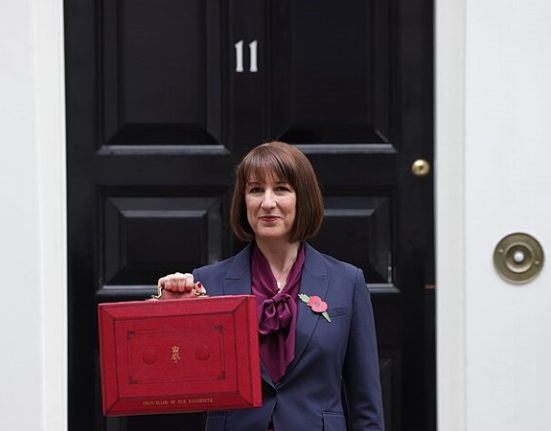Around 3.2 million households will see their income drop by an average of £1,720 per year, analysis of the impacts of the welfare changes by the Department of Work and Pensions (DWP) suggests has found.
Burden on the poor
Just over 370,000 people who currently claim personal independence payments (PIP), will lose them while another 430,000 who would have become eligible will be no longer. The average loss across each of these households is £4,500 a year.
A further 150,000 people will lose access to carer’s allowance. That’s one in ten unpaid carers. This change will mean a loss of £4,250 a year. More than one million carers currently live in poverty, and they could lose nearly £9,000 a year.
Some 2.25 million people who claim universal credit will lose £500 on average after the health part of the payment is frozen. Another 730,000 people who would have been future recipients will lose around £3,000 per year.
These cuts will be the sharpest for those on lower and middle incomes.
Reaction
The charity Carers UK said these cuts will cause “huge anxiety for hard-pressed carers.”
Alison Garnham, chief executive of the Child Poverty Action Group, said “stealth social security cuts bring neither stability nor security to struggling families.”
A principal analyst at the Work Foundation said “the cuts would be devastating for a sixth of the PIP claimants who were in work because it would undermine their ability to stay in a job.”
Ruth Curtice, chief executive of the Resolution Foundation, said: “Ten million households across the bottom half of the income distribution are on track to get £500 poorer over the course of the parliament.”
Impact
While the OBR’s economic outlook grows gloomier, the Chancellor is accused of sacrificing the poor to meet the ‘fiscal rules’ and show that Labour understand the necessity of ‘good housekeeping.’
It is difficult to see how businesses reeling from increased costs of employment and uncertainty over the threat of US tariffs, will be able to grow enough employment to compensate for lost income.
Furthermore, an increasingly beleaguered public service will struggle to cope with a rise in the number of people looking for work. It is likely they will lean more heavily on private sector contractors as a short-term fix – very possibly storing up problems for the future when those contractors move on.







